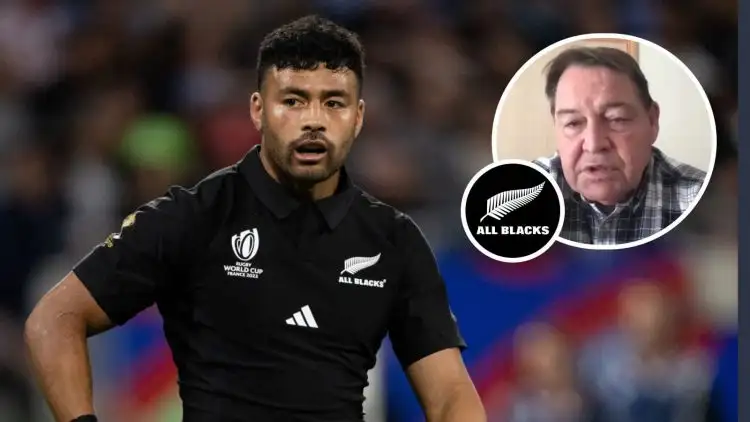Former All Blacks coach has cautioned New Zealand Rugby about altering its current policy on selecting overseas-based players. The issue has been brought into focus by current head coach Scott Robertson, who has repeatedly encouraged the governing body to reconsider its stance and adopt a more flexible approach. Robertson believes that changes could benefit the team, especially in light of the Springboks’ success with a broader player pool. However, his predecessor argues that New Zealand should not emulate South Africa’s model.
Hansen’s Concerns

Hansen emphasized the importance of understanding the differences between New Zealand and South Africa’s situations. He pointed out that the Springboks’ approach stems from financial necessity, as South Africa cannot afford to retain all their players domestically. In contrast, New Zealand must prioritize the health of its local rugby competition and be cautious about the consequences of policy changes.
He raised the potential risk of top domestic players leaving New Zealand if overseas-based players are eligible for national selection. Using the example of Richie Mo’unga, who is currently playing abroad, Hansen questioned whether such a policy shift would lead other players to follow suit, weakening the domestic player base.
“If you’re a first five in New Zealand and you hear they’re trying to bring Richie back, do you decide to leave too?” Hansen asked, highlighting the potential ripple effect on player retention. He urged New Zealand Rugby to address this matter quickly but also noted that other pressing issues need attention first.
The Overseas Debate
Currently, most All Blacks playing overseas are based in Japan, often on short-term sabbaticals before returning to New Zealand. Players like Beauden Barrett and Ardie Savea have successfully transitioned back into the national team after stints in Japan. However, others, such as Richie Mo’unga and Shannon Frizell, have committed to longer contracts, making them unavailable for selection. From 2025, Sam Cane and TJ Perenara are also expected to join the ranks of overseas-based players.
Critics argue that the Japanese league is not as competitive as Super Rugby, potentially leaving players “undercooked” for the demands of international play. Hansen, who currently works in Japanese rugby, disputes this notion, describing Japan’s league as one of the best globally. He highlighted the presence of top-tier players and coaches in Japan and pointed to the strong performances of Barrett and Savea upon their return as evidence of the league’s quality.
Challenges for New Zealand Rugby
Hansen stressed that the debate is not about the quality of rugby overseas but rather about whether New Zealand Rugby is willing to adapt its policies. He acknowledged that Japanese clubs provide excellent support for players and that many New Zealand coaches and athletes contribute to the league, maintaining a strong connection to the All Blacks.
Ultimately, Hansen left the decision in the hands of New Zealand Rugby, cautioning that any changes must be carefully considered to preserve the integrity of domestic competitions and the national team’s structure.